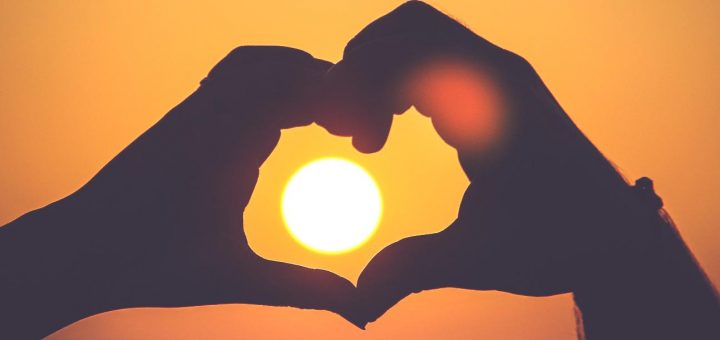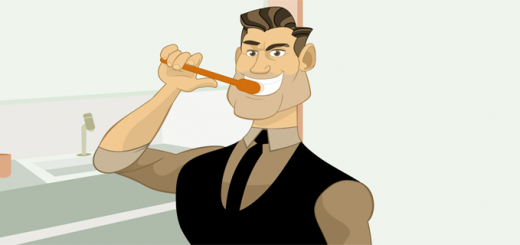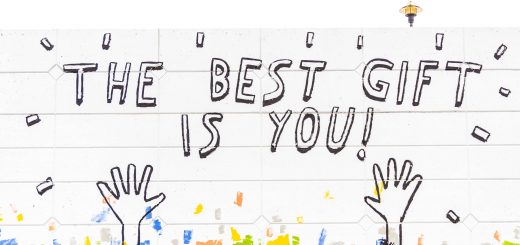Children and Racism

Growing up as a person of color and as a minority in the United States, I have faced my share of racism. Let me start there, so that I can qualify myself as someone who has given extensive thought about race relations in America and as someone who has actually lived through (and continue to live with) racism.
Today, I was talking to a parent who is also a person of color. The topic of racism came up and she said to me that it has made her into a stronger person. A flurry of thoughts filled my head and started to make their way out of my mouth in protest, but I held my breath because it was not the right time nor the place to get into the thick of it.
When it comes to racism, I do not share the sentiment that “What doesn’t kill you makes you stronger.” As a former child who has lived with racism, both overt and passive, it was like a little death for my soul each time. It wreaked havoc on my self-worth. And with immigrant parents who were completely ignorant about the complexities of race in America, who, even if they desperately wanted to, could not guide me through this terrain simply because they were so consumed with satisfying the basic level of Maslow’s hierarchy of needs by putting food on the table, it ultimately meant that I had to wade through it alone.
This is why when I jumped into parenthood, it was one adventure I was not looking forward to. How do I protect against, educate about, and inculcate a vigilance against racism? I know racism starts young. A Harvard study states that,
But what has changed, where racism and other prejudice are concerned, is that we had far over-calculated how long it takes for these traits to become imbedded in a child’s brain. It’s quite shocking really, but the gist of it is that 3- and 4-year-olds demonstrate the same level and type of bias as adults. This tells us that children ‘get it’ very, very quickly, and that it doesn’t require a mature level of cognition to form negative biases.
There was another study (to which I cannot find the link) that stated children start displaying racist behavior as young as two years old. A little girl told another boy that he could not play with her red wagon because his skin color was not the same as hers.
Where do you suppose kids learn this from? From an age as young as two, little boys and girls are learning that they cannot and should not do certain things just because of their skin color. Just think about these kind of scenarios, in forms both overt and passive, occurring over the many years of a boy’s or a girl’s childhood then sadly continuing into adulthood.
It creates self-imposed limitations, often buttressed by the popular media (for example, under representation of minority groups, and if represented at all, only seeing a minority group portrayed in stereotypical fashion). It has a pernicious effect on self-esteem. It violates the sanctity of the self. And I believe self-esteem (not to be confused with self-confidence) is the most important thing us parents need to help foster in our children.
I know everyone holds stereotypes about a group of people. I am not immune to it just because I am a person of color. I also have my own biases. One thing I am certain of is that you cannot be complacent and must be vigilant against it. If you catch yourself generalizing about a group of people (both negative AND perhaps, innocently, even seemingly positive one such as “Asians are all good at math” or “Black people are great at sports” ), remind yourself that “Latinos”, “Asians”, “Black people”, “_fill_in_the_blank_” are not a monolith.
If it was not clear before, what has become crystal clear during the past election is that we do not live in a post racial America. The panacea for racism is not dusting the problems of race under the rug, covering your eyes, ears and your heart, ignoring that the problem exists. It needs to be constantly brought to the forefront, dissected, discussed and debated.
Our children are a tabula rasa capable of perpetuating the racism or being a force against it. We live in an increasingly globalized world. It is important that we all learn to love and live with one another. And I for one will be teaching my children to be a force against it. That, I believe, is one way to protect them from it, as well.



